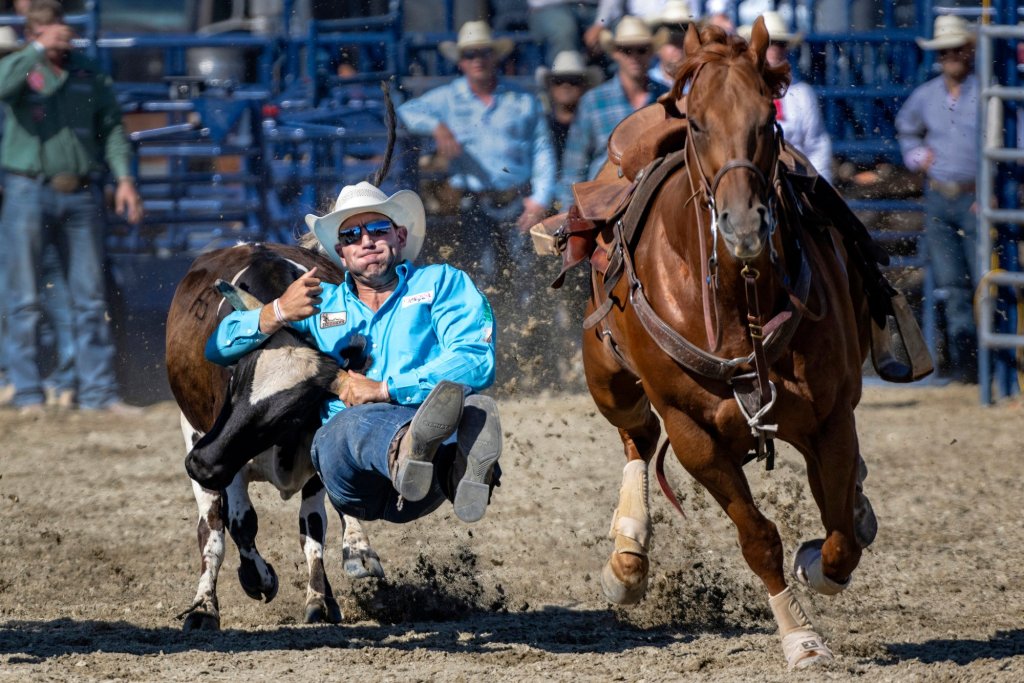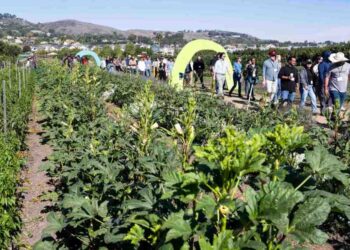Gabriella Ruhin owns two horses at her family ranch in Tustin. With the rise of the vesicular stomatitis virus in Southern California, she is starting to worry for her animals.
“It is a scary thought,” said Ruhin. “Thinking that at any moment your horse could be sick or in danger, I don’t like to think about it.”
Although it’s not deadly for animals, VSV has been affecting Southern California horses and cattle since May, causing major issues for summer events and shows across the state. For Ruhin, that means she’s constantly monitoring her horses for signs of the virus and is particularly about where she rides them.
And Rancho Mission Viejo recently called off its 20-year traditional rodeo due to the virus.
“The VSV situation is something we’ve been watching closely. To say we’re disappointed about canceling this year’s rodeo would be a great understatement, but we’re confident we’ve made the right decision to keep all the stock and participants out of harm’s way,” said Tony Moiso, chairman and chief executive officer of Rancho Mission Viejo.
VSV, according to the California Department of Food and Agriculture, is a viral disease that primarily affects horses and cattle as well as occasionally swine, sheep, goats, llamas and alpacas. Outbreaks usually occur during the warm summer months — the first positive case in California was reported on May 23 in San Diego County — particularly in animals pastured along waterways.
The virus does not typically affect people, but those who regularly handle infected animals could also become infected, but this is a rare and treatable event, the CDFA says.
Jan Breslauer, who cares for her two draft horses as well as a friend’s horse in Orange Park Acres, is “concerned but not worried.”
“People who have horses have been aware of this outbreak, and following it, for months now, ” said Breslauer, noting that she reads regular bulletins from the U.S. Department of Agriculture and…
Read the full article here






